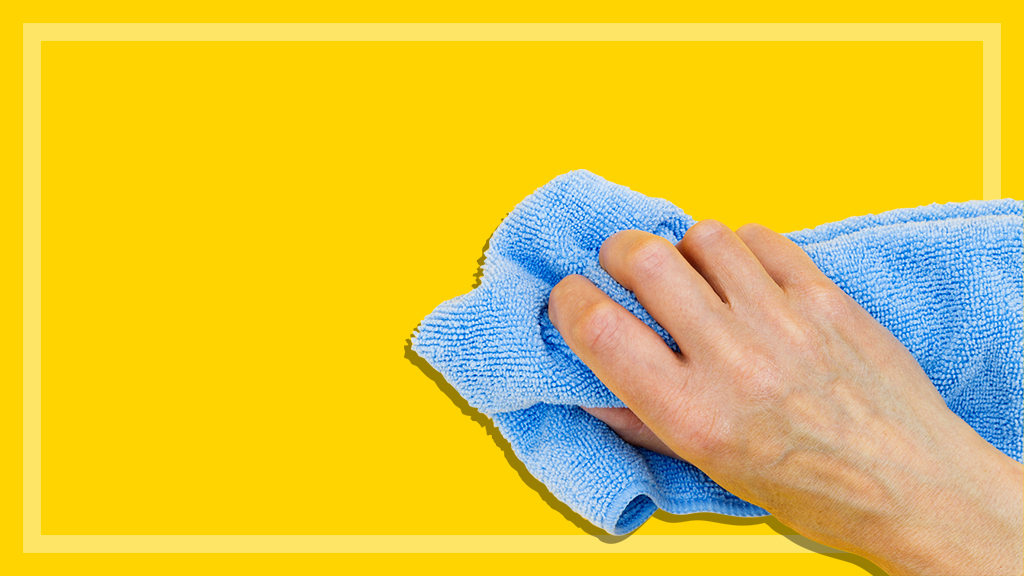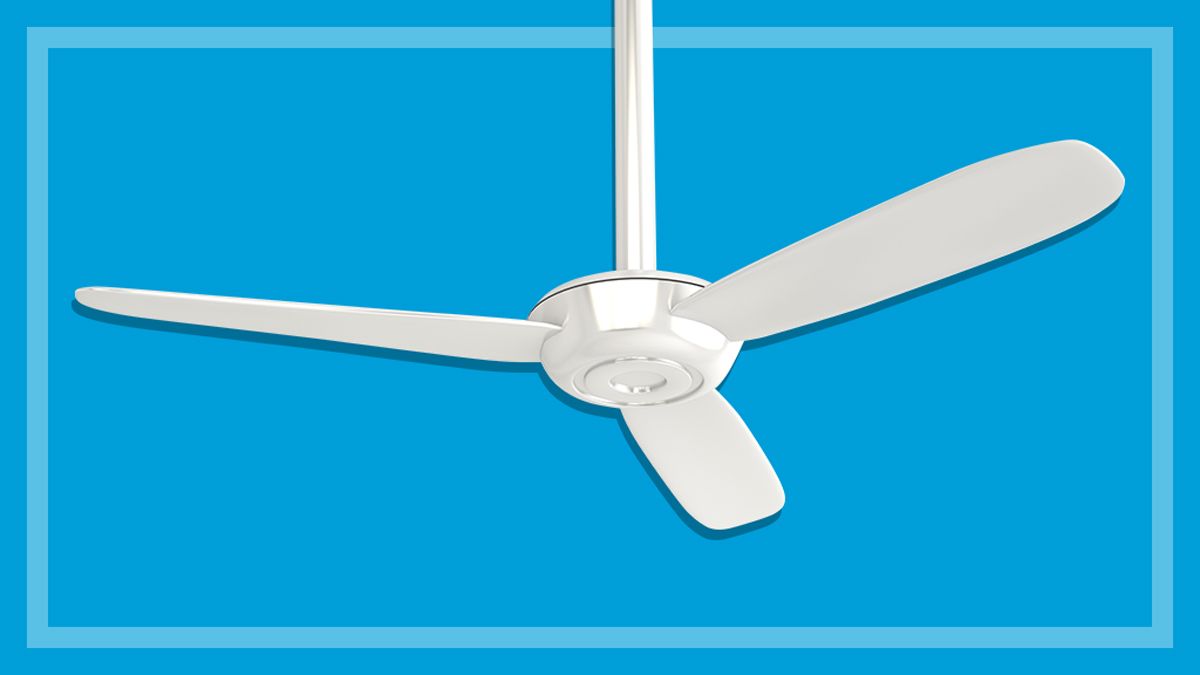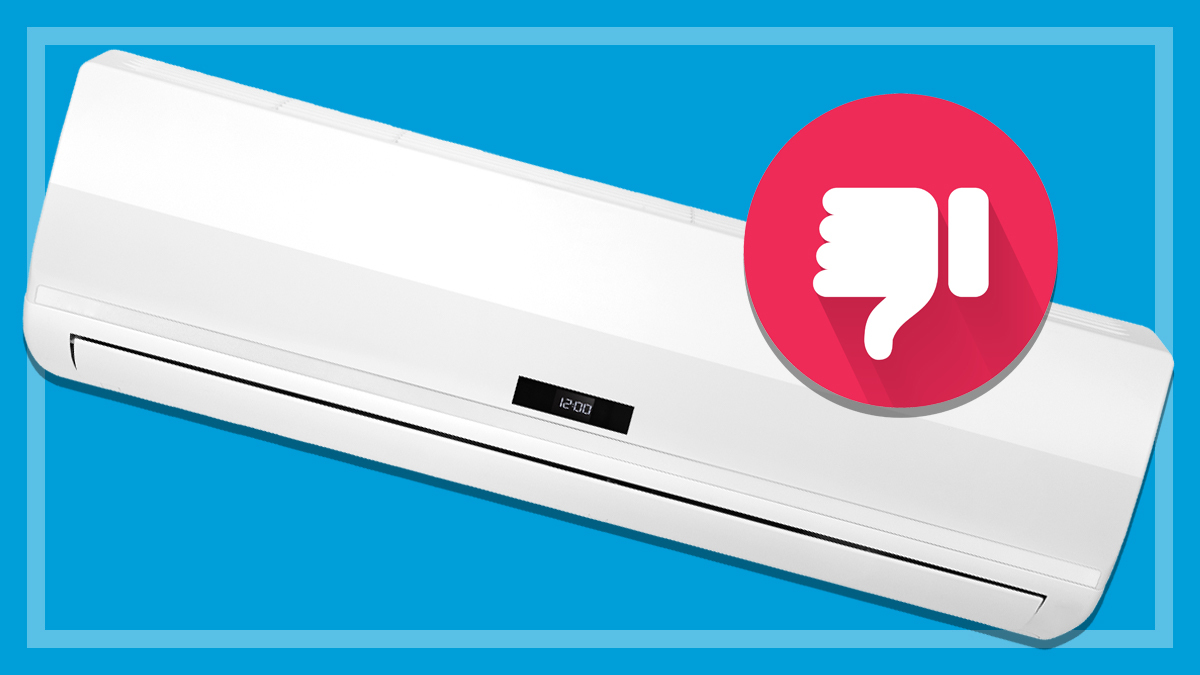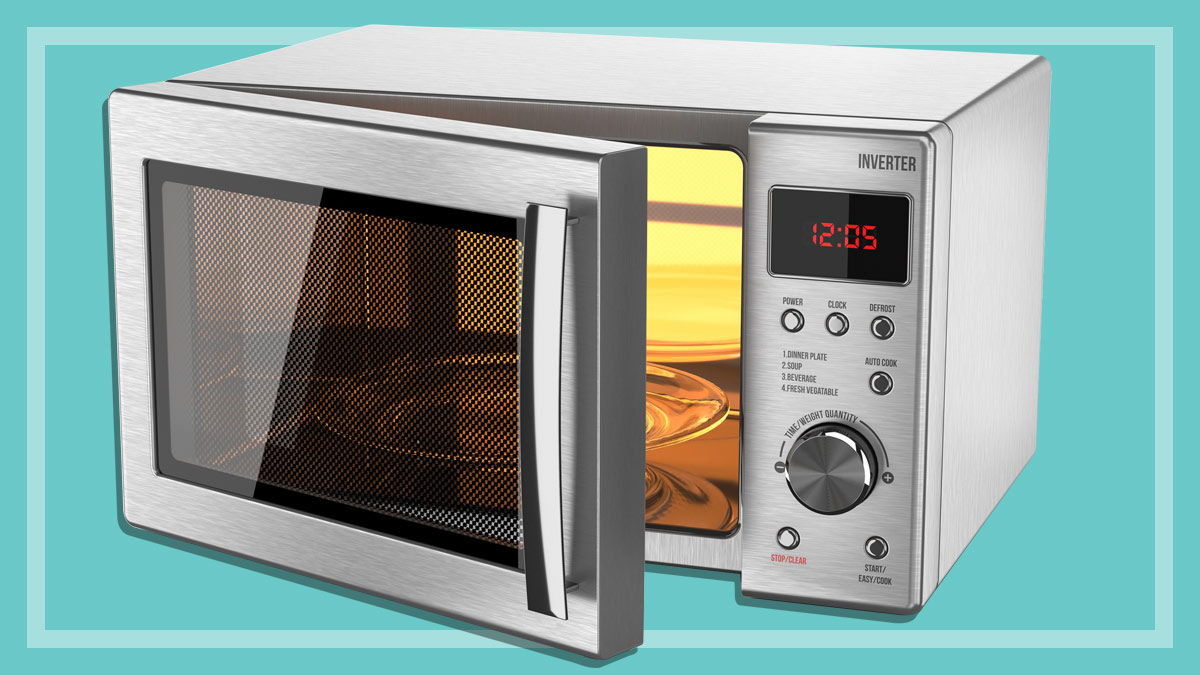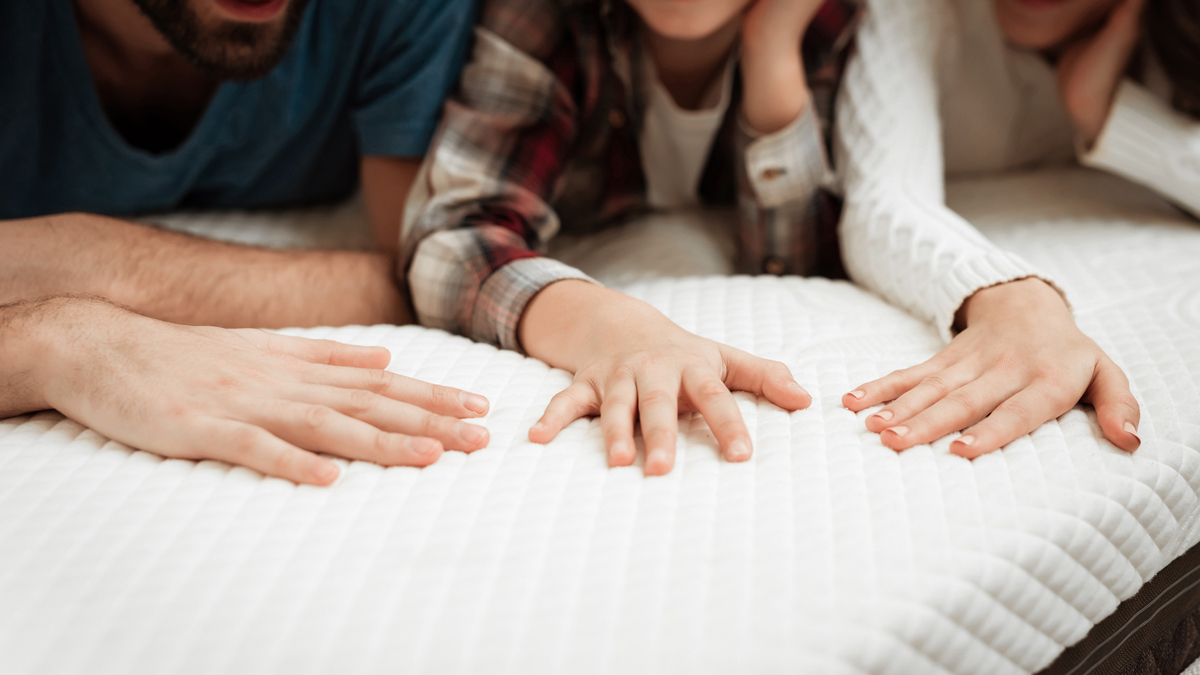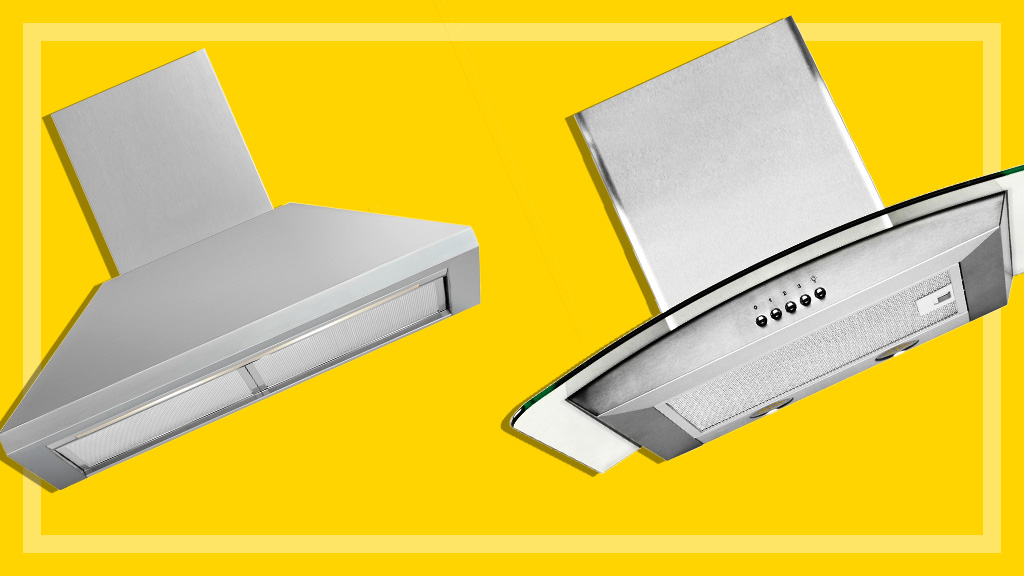Get our independent lab tests, expert reviews and honest advice.
Cleaning habits you should adopt right now
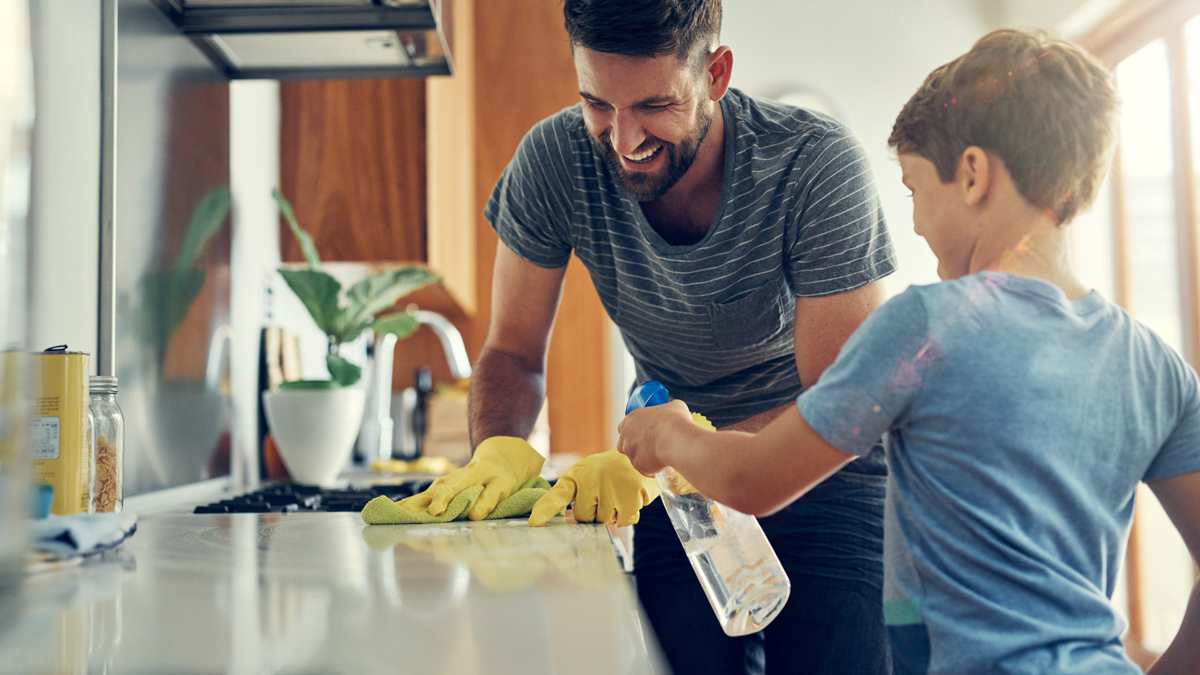
With spring around the corner, it’s the perfect time to give your home a refresh. For some of us, cleaning feels like pulling teeth. (I feel you!) For others, it can be calming and satisfying. Regardless of which camp you fall into, why not make it as easy as possible for yourself?
On this page:
- Planning your clean
- Cleaning products
- Vinegar
- Mould
- Kitchen
- Cleaning your appliances
- Mattresses
- Pet hair
- Electronics
We’ve asked the CHOICE team to share their top tips for making cleaning almost as easy as making the mess in the first place. (Almost. We’re not miracle workers!)
Before you get cracking though, we have some wise words from CHOICE household expert Chris Barnes: “Do whatever you can – better to tick something off the list than do nothing.”
Planning your clean
If you have a big cleaning job to tackle or you’re just feeling overwhelmed by the day-to-day tasks, having a plan can make it seem more manageable. Here are a few tips to help you break it down so it seems more manageable.
- Try ‘chore-snacking’: do smaller chores daily, rather than a deep clean once in a while. It’ll help you stay on top of the cleaning.
- Set yourself an achievable time limit – an hour, for instance. An hour of cleaning is better than no cleaning at all.
- Delegate! Split up jobs between household members so it’s less overwhelming. If you have a friend who lives for reorganising kitchen cupboards, invite them over to attack your pantry. If you don’t have an equivalent skill to trade, you can always offer to babysit or dog walk for them.
- Prioritise high-impact jobs. Some cleaning tasks are thankless and definitely don’t spark joy. Just spent an hour dusting the skirting boards? Chances are no-one will notice. But some jobs give you an instant boost: cleaning the outside of your windows, for instance, will make your home seem cleaner, quick smart. And that might inspire you to keep going!
- Room sketching apps allow you to make a floor plan of your house; you can then circle areas you’re going to tackle. This can help give you an overview of what needs doing so you can either break it down into smaller chunks or even allocate specific rooms or tasks to other household members. Then you can tick off areas once they’re done, which will give you a nice sense of accomplishment.
- Don’t forget to include high-touch fixtures and items like remote controls, light switches, door handles and phones in your to-do list. They have grubby hands on them every day, and especially in Covid times it’s important to ensure they’re clean.
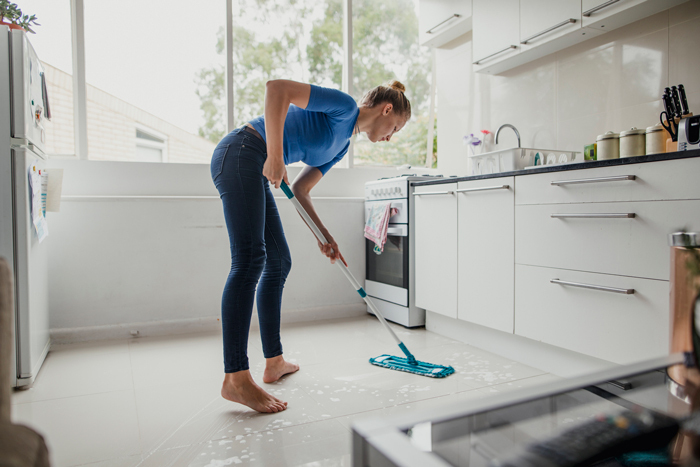
Cleaning products
- Been using the same brand for years? Consider switching. We’ve found many supermarket own brands have performed well in our tests – and some expensive products haven’t performed well at all.
- But do be careful what you buy: we’ve found that some cleaning products are no better than plain water. Here are the best and worst surface cleaners.
- Spending money on floor cleaners? Don’t bother: we don’t recommend a single one of the 16 floor cleaners we tested. In fact, we think that floor cleaners are so bad that we awarded them a Shonky in 2020. “If you want your floors clean, just use a plain old bucket of hot water,” says CHOICE home cleaning expert Ashley Iredale.
- Our cleaning product reviews are all free to access, so take a look to make sure you’re using the best products. Our surface cleaner reviews include multipurpose cleaners, kitchen cleaners, floor cleaners and more.
Vinegar
This old-fashioned cleaning product deserves its very own section. Here’s how to use it:
- Use it to clean and descale your kettle and coffee machine
- Pop some in your dishwasher to give it a thorough clean
- For streak-free windows, try white vinegar and water in equal parts with newspaper, paper towel or a dry cotton cloth
- Use it as a cheap and effective alternative to fabric softener (which we’ve found doesn’t do the job anyway – seriously, just stick with the vinegar!)
- Kill mould (see below for a how-to)
- Freshen up kitchen gear like pressure cookers, multi cookers, Dutch ovens and stainless steel
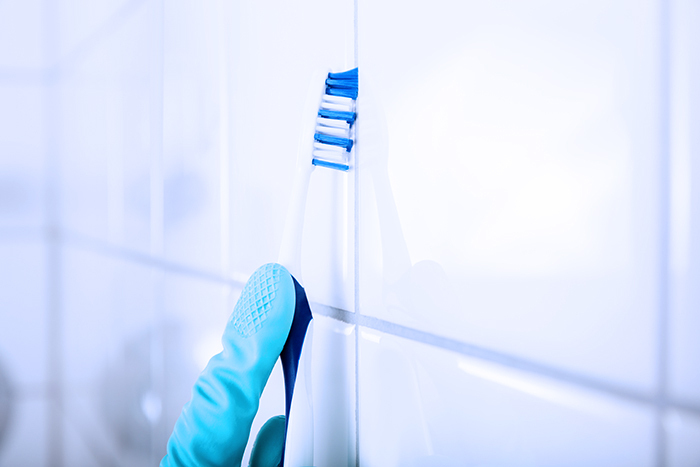
Mould
Yes, we’re going to gush about how good vinegar is again. And while it might not seem high-powered enough to spell the end for mould, we promise you it is.
Many mould-removal products contain bleach, which does appear to do the job. Bleach just takes the colour out of the mould, but doesn’t usually kill it – so even though it looks like it’s been taken care of, it’s still lurking there.
A solution of 80% vinegar, 20% water, three buckets and a microfibre cloth are the best tools for the job. (Just don’t mix bleach and vinegar – it can create dangerous chlorine gas.)
Mould is a tricky issue, so before you get spraying, learn more about getting rid of mould.
Kitchen
- Using a dishwasher? Don’t bother pre-rinsing your dirty dishes – just pop them straight in. (Scrape the chunky bits off first, obviously.) Pre-rinsing can trick your dishwasher into thinking your dishes are cleaner than they are, so it won’t clean as well. Not to mention, pre-rinsing uses lots of water, which negates the water efficiency of your dishwasher.
- Give your dishwasher some love from time to time: add a few cups of vinegar to a bowl on the bottom rack of your (empty) dishwasher and run the hottest cycle. It’ll take care of any unpleasant smells, grease, limescale and other gunk.
- And clean your dishwasher filter regularly – at least every three to six months, depending on how much you use it.
- Keeping your chopping boards clean is vital for food safety, especially if you’re chopping meat and poultry. Plastic chopping boards are your best bet for deep cleaning, as you can pop them in the dishwasher, but wooden chopping boards will need a little extra TLC as they can’t be submerged in water. A hydrogen peroxide solution can help.
- To stay on top of baked-on gunk in your oven, wipe it down after every use. It might seem like a pain when you have a sink full of dishes to clean too, but those few minutes you spend wiping over the oven will save you hours of cleaning down the track.
- Alternatively, if you’re not a fan of cleaning the oven you could look at buying a self-cleaning pyrolytic oven to do the job for you!
- Cleaning your microwave is much easier than you might think. “Place lemon slices in a microwave-proof bowl of water and heat on high for two to three minutes, before allowing to sit for five minutes while the steam gets to work deodorising,” CHOICE kitchen expert Fiona Mair says. Wipe the walls and door and voila: a clean, lemon-scented microwave.
For tips on how to clean kitchen appliances, read on.
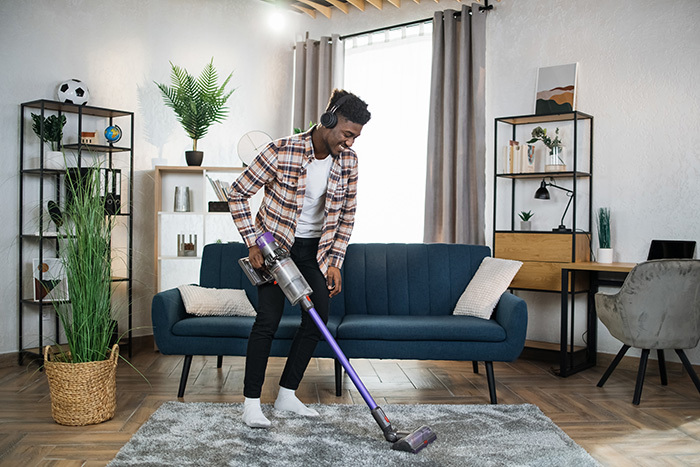
Cleaning your appliances
While we expect them to work hard for us, we occasionally need to give our appliances some care too. Here’s what you need to know:
- Don’t forget to clean your cleaners! Here’s how to care for your vacuum cleaner.
- To clean your washing machine, run a very hot empty cycle with just a little bit of detergent from time to time. Here’s more on how to clean and maintain your washing machine.
- To keep your washing machine extra clean (so you won’t need to work quite as hard to clean it), leave the door ajar between cycles so air can circulate. It’ll help you avoid mould and foul odours.
Just want a rundown on a specific cleaning job? Check these out:
- Our guide to cleaning your oven
- How to clean your coffee machine
- How to clean your air conditioner
- How to clean a ceramic, induction or gas cooktop
- How to clean your fridge
- How to clean your barbecue
Mattresses
You spend a third of your life on it, so it’s worth showing your mattress some love.
Our mattress experts recommend cleaning your mattress around twice a year. And you’ll probably only need some regular household items to do the job.
“A hefty handful of bicarb can help keep your mattress smelling fresh, and most people will have a box of it at home,” says Peter, one of CHOICE’s mattress experts. (You’ll need to vacuum it up afterwards, obviously.)
Read our article on how to clean a mattress for more tips on a deep clean.
Pet hair
If you’re a dog- or cat-lover, you’ve probably come to accept pet hair as an inevitable part of your life. But if you’re trying to keep on top of the dog hair tumbleweed and the cat hair adorning every surface in your house, here are a few tips to get you started:
- Lightly dampen a pair of rubber gloves (the kind used for dishwashing) and run them over your soft furnishings. This creates static energy, attracting the pet hair. Rinse off and repeat.
- Buy an effective vacuum cleaner. Not all ‘pet’ vacuums actually do a great job of sucking up the pet hair, but we’ve compiled a list of the best vacuum cleaners for removing pet hair that’ll sort out the fluff in no time.
- Sweep your hard floors with a rubber broom, and get yourself a smaller rubber broom for furniture and clothing. The electrostatic charge they create helps to pick up pet hair.
- Try a lint roller, sticky tape or anti-static spray to keep clothes and soft furnishings hair-free.
Electronics
CHOICE tech expert Peter likes to give his electronics like soundbars, game consoles, computers, etc., a thorough clean each year. Here are his cleaning tips:
- Dust is the enemy of electronics so it’s worth lifting them up and giving the area under and around them a solid clean.
- Clean out the ventilation and fan ports as well. You can dust them or gently vacuum them.
- Keep an eye out for dead insects too. Cockroaches love warmth and they’re known to crawl into electronics then die, which can cause heating issues and even cause them to short out.
- If you’re feeling confident, and the warranty allows it, unplug your electronics and take the case off. Sucking up the dust and dead critters will extend the longevity – and they’ll probably run a lot more quietly too.
- A feather duster and gentle vacuum should do the job, but cotton-tipped ear buds are also really handy for getting into the hard-to-reach places where dust can accumulate.
“Cable management can make a huge difference to how cluttered a room looks,” he adds.
“Re-usable velcro cable ties are more useful than plastic ones, and more environmentally friendly too.”
And if they’re at the end of their life, don’t forget to recycle your electronics.
“It’s really important not to throw them in the bin. Just remember to format or factory reset any devices with data storage like phones, laptops, etc,” says Peter.

